QAWWALI MAESTRO CHAND ALI KHAN DISCUSSES HIS CAREER
QAWWALI music may be more than 700 years old, but it remains popular globally and regularly has leading exponents enthralling audiences with their high-energy live performances.
One of the UK’s finest exponents is Chand Ali Khan, who just concluded a national tour with his talented group. Like many great artists he has grown up with qawwali and is most at home in front of an audience, whether it is a small intimate setting or performing in front of 40,000 people at the Godiva Festival.
Eastern Eye caught up with the talented singer after a successful UK tour to discuss his career in qawwali, performing, hero, favourite composition, and future hopes.
What first connected you to qawwali?
My passion and devotion to qawwali stemmed from my grandfather. I vividly remember how he listened, valued, and became entranced by the message of qawwali and spirituality to Allah. He was a great figure that guided me in this way. From a young age, I was fortunate to witness classical music and qawwali from my ustads in Pakistan.
How would you describe your journey as a leading qawwali exponent?
It has been a really humbling experience. We have to remember that qawwali is a vastly complex genre of semi-classical music that derives its roots from some of the most challenging musical techniques of south Asia. Unlike what a lot of youth think today, qawwali is an art – not something that you can just pick up in a day; it is very gruelling and difficult work. There is a stark difference between being a singer and qawwal. Like any vocation, whether a doctor, lawyer, or engineer, it requires intensive, rigorous years of training and lifelong learning to come to grips with even a glimmer of skill in utilising intense singing at that level.
How has it been for you?
When I was bestowed with such an honorary title, it initially felt a great burden to represent 700 years of spiritual tradition that upheld some of the greatest and most revered names in the Indian subcontinent. I am just fortunate that my intensive training, hard work and repertoire have been rewarded with success.
How much does the support mean to you?
I have been incredibly touched by the support I have garnered from family, friends, and fans to pursue my career that has bolstered recognition for my vocal abilities. I am proud to bring authentic qawwali dispersed throughout the UK as part of my mission and lifelong dream. At the end of the day, I am eternally grateful to the blessings of almighty Allah, my parents, and ustads for their work and patience in helping me carve this path in my destiny.
How much does performing live mean to you?
Live performances are everything to an artist. The ambiance and electricity that connects is unlike any other feeling. Our audience is really what energises us to push further vocally. The reward and elation that comes with it is invaluable, and so we mean it when we say our audience is the most important part of any performance. Lockdown hit musicians hard, but now, Alhamdulillah, we have had the opportunity to regain this lost time and bring qawwali back to the public. I really relished our first moment back on stage.
Which qawwali do you enjoy performing?
Halka halka suroor is just superb. My all-time favourite, hands down. The composition and lyrics are masterfully hypnotic. Its meaning is just so riveting and the raag it uses builds an amazing crescendo. There is a reason why (Nusrat Fateh Ali) Khan sahib’s versions of this track are usually over 60 minutes long.
How do you generate so much power and emotion in your voice?
It is the prayers, blessings, and training from my ustads that I am blessed with a unique vocal essence. This is the art of qawwali.
Why do you think qawwali has remained popular for so many centuries?
The beauty of qawwali transcends both musical and linguistic boundaries. You don’t need to be Muslim, Hindu, Sikh, or any other faith, or religious. You don’t need to be Urdu, Hindi, or Punjabi-speaking to understand the energy, spirituality and inner connection that qawwali brings. Its rhythmic patterns and nuances allow anyone to interpret the meaning of the sacred compositions and enables the listener to draw their enrichment from within. That unique understanding means, it will continue to live on for centuries to come.
Who is your qawwali hero?
There are no words to describe the Shahenshah-e-Qawwali, Ustad Nusrat Fateh Ali Khan sahib. Qawwali boomed across the globe due to his musical prowess and classical improvisations that opened it to a whole new world. The magnificence of ustadji was his versatility and all-roundedness. He was magic to those who knew him personally. I know there will never be another person like him in our generation or the next, but his purity, humility and outstanding compositions motivate me to continue to carry his legacy onward.
What are your own future plans?
We will strive to continue the legacy of the qawwali ustads and the Sufi message, as popularised by Ustad Nusrat Fateh Ali Khan. With the global pandemic stabilising and new rules for musical events, we have a number of international tours, festivals and collaborations scheduled for 2022 in both Europe and Canada, so watch this space!
What does qawwali mean to you?
Qawwali is such a sacred utterance. Literally coming from the word ‘qawl’ meaning utterance (from Arabic). It means everything to me. It is my connection and channel to my creator. My life is devoted to my worship for Allah and to my work to please him.
www.qawwaligroup.com






 Rajkummar Rao and Patralekhaa smiling during a public appearance earlier this year
Rajkummar Rao and Patralekhaa smiling during a public appearance earlier this year  Patralekhaa and Rajkummar pose together after an awards show
Patralekhaa and Rajkummar pose together after an awards show 










 Former child star Sara Arjun cast as Ranveer Singh’s romantic lead in 'Dhurandhar' at age 20 Facebook/Sara Arjun
Former child star Sara Arjun cast as Ranveer Singh’s romantic lead in 'Dhurandhar' at age 20 Facebook/Sara Arjun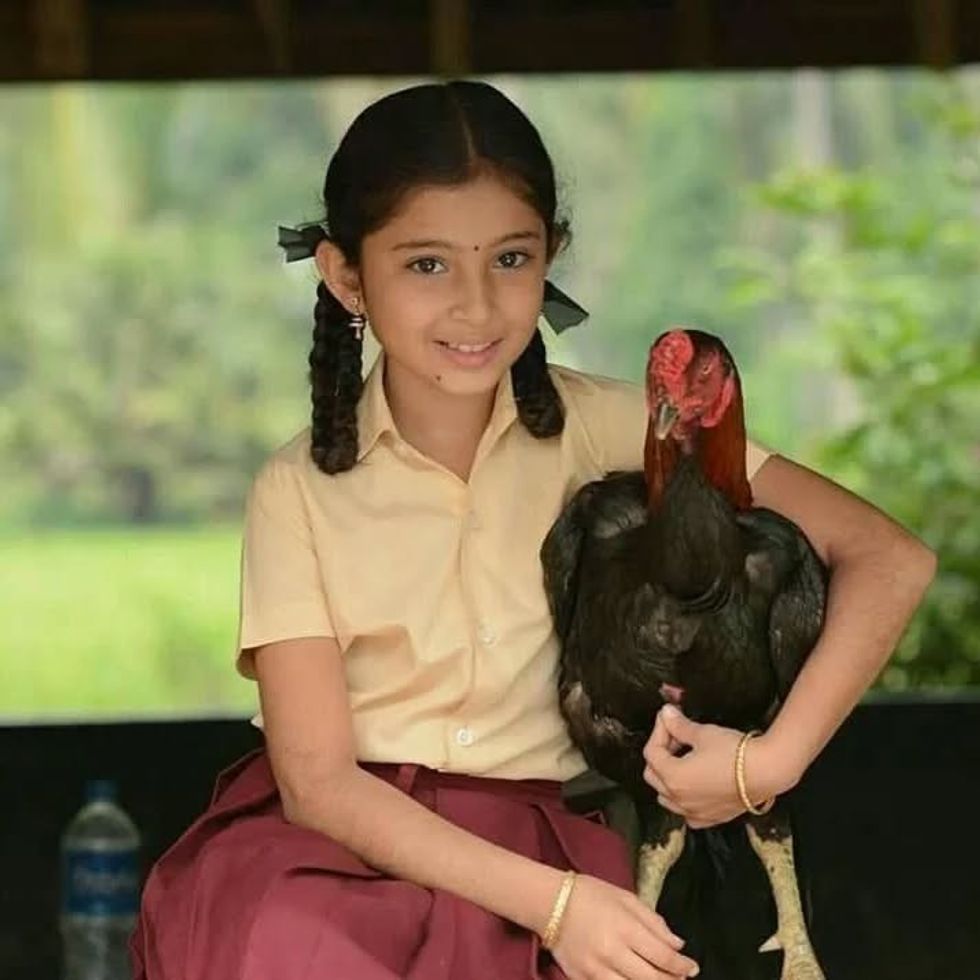 Sara Arjun began her screen career before she turned twoInstagram/
Sara Arjun began her screen career before she turned twoInstagram/
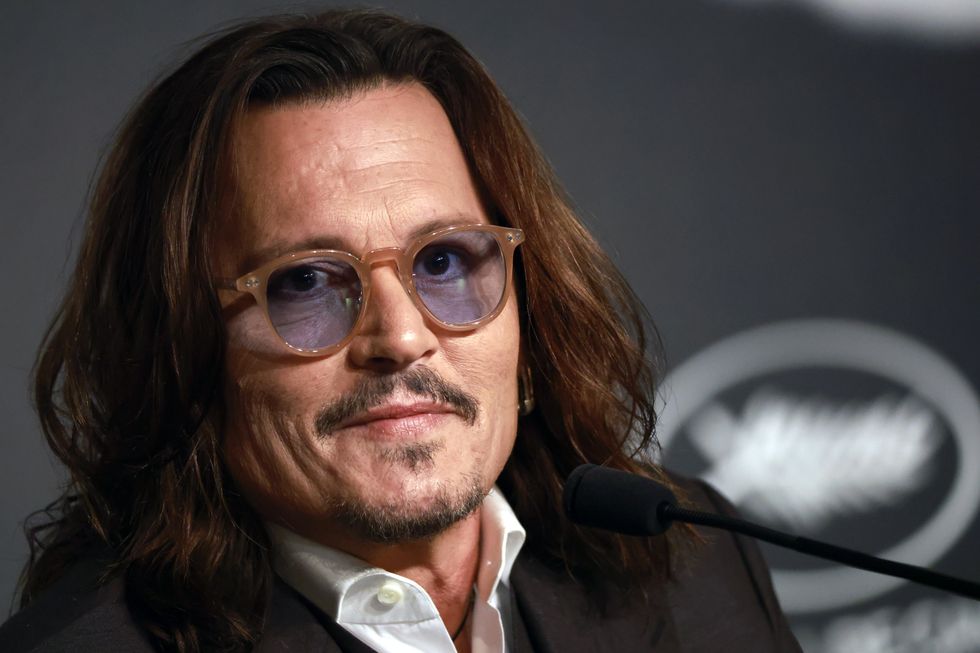 Depp returns to directing with Modì after more than two decadesGetty Images
Depp returns to directing with Modì after more than two decadesGetty Images 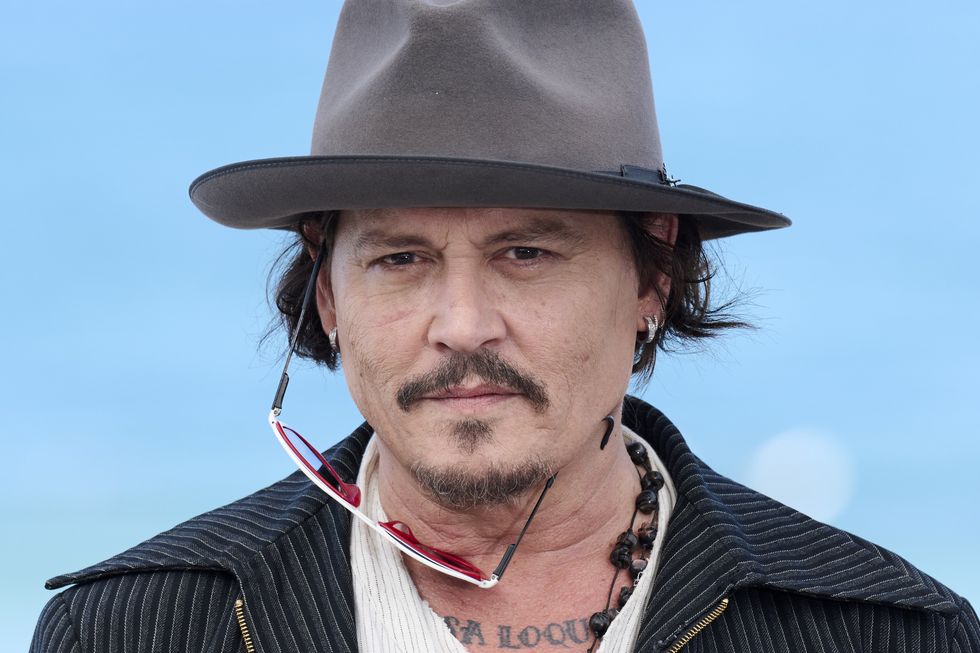 Depp says being pushed out felt like “they wanted me to retire”Getty Images
Depp says being pushed out felt like “they wanted me to retire”Getty Images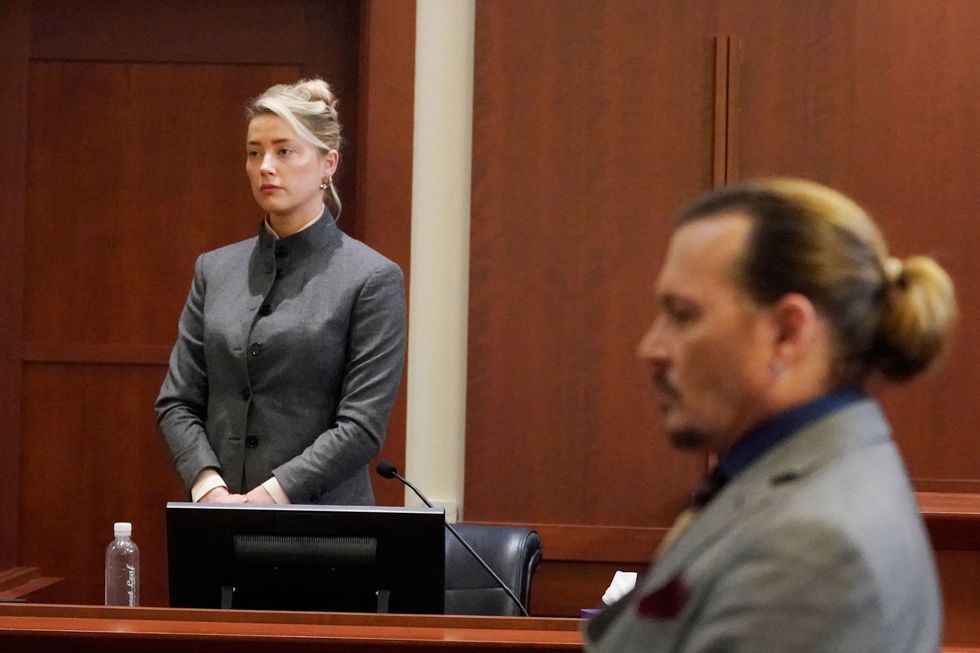 Amber Heard and Johnny Depp watch as the jury leaves the courtroomGetty Images
Amber Heard and Johnny Depp watch as the jury leaves the courtroomGetty Images
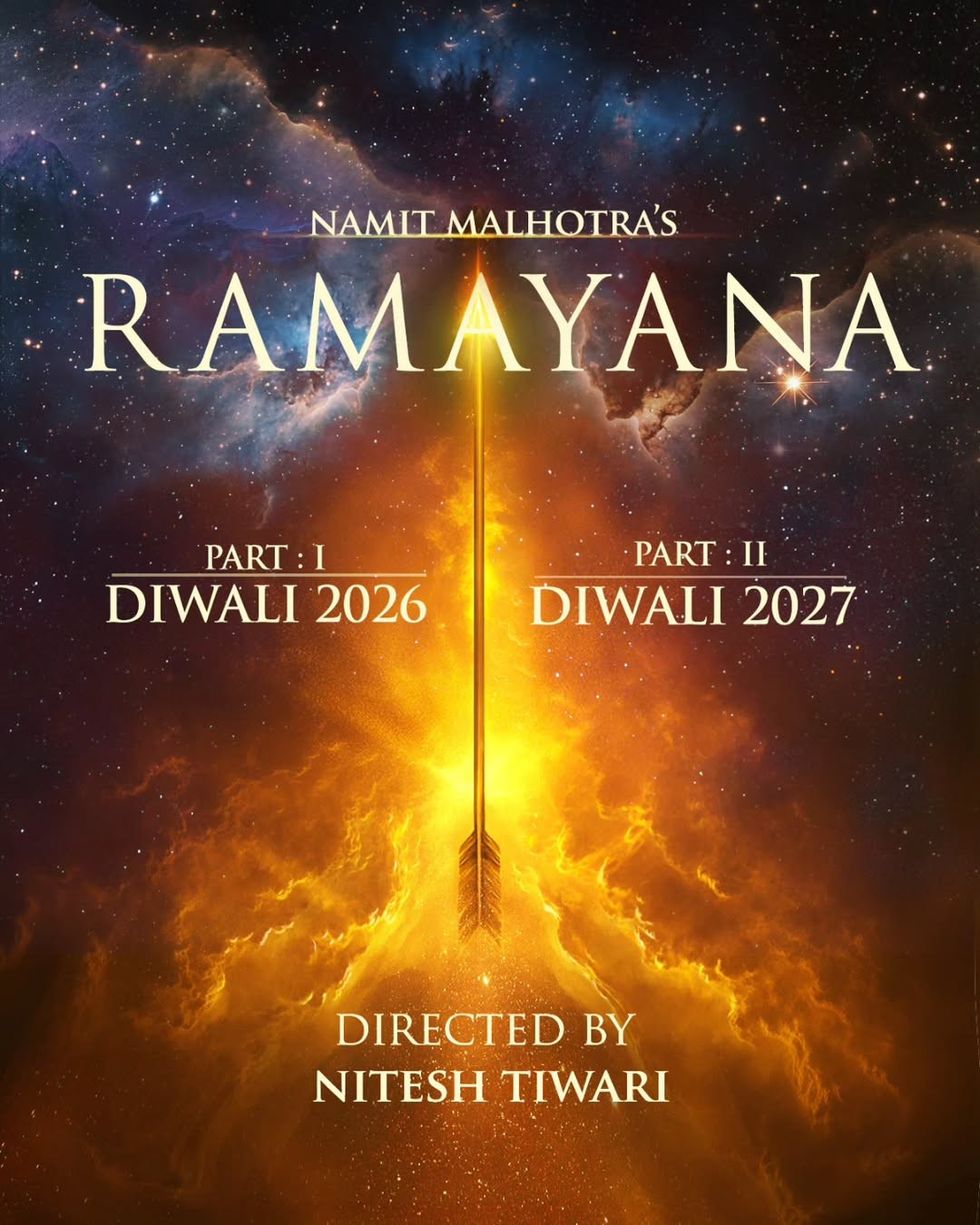 Fans await Ramayana teaser as early reviews spark buzz online Instagram/iamnamitmalhotra
Fans await Ramayana teaser as early reviews spark buzz online Instagram/iamnamitmalhotra  Producer Namit Malhotra reveals how AI will make Ramayana resonate globally with native-language realism IMDB/Reddit
Producer Namit Malhotra reveals how AI will make Ramayana resonate globally with native-language realism IMDB/Reddit 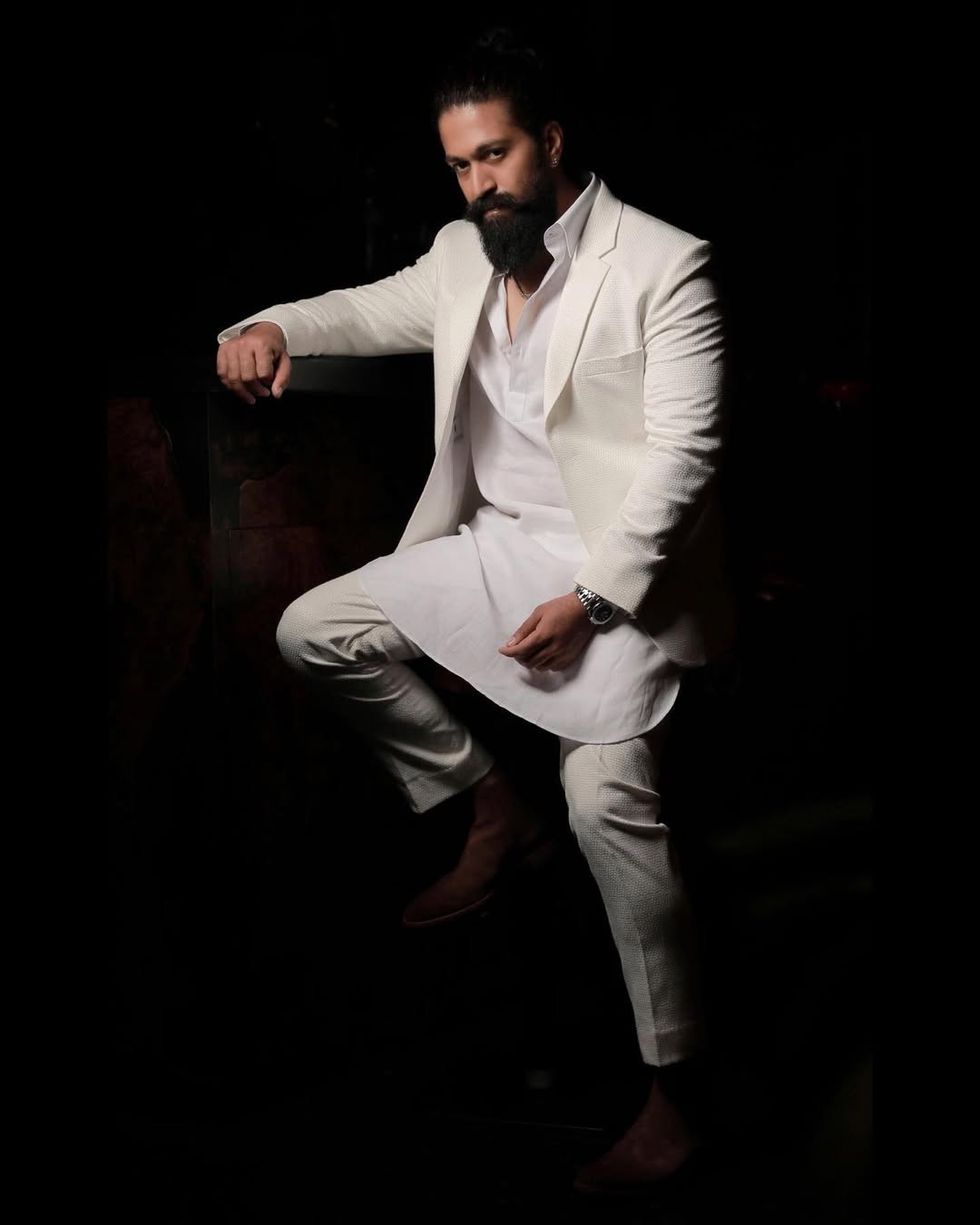 Yash undergoes intense physical training to play Ravana in Ramayana Instagram/thenameisyash
Yash undergoes intense physical training to play Ravana in Ramayana Instagram/thenameisyash  Producer Namit Malhotra reveals how AI will make Ramayana resonate globally with native-language realism IMDB/Reddit
Producer Namit Malhotra reveals how AI will make Ramayana resonate globally with native-language realism IMDB/Reddit 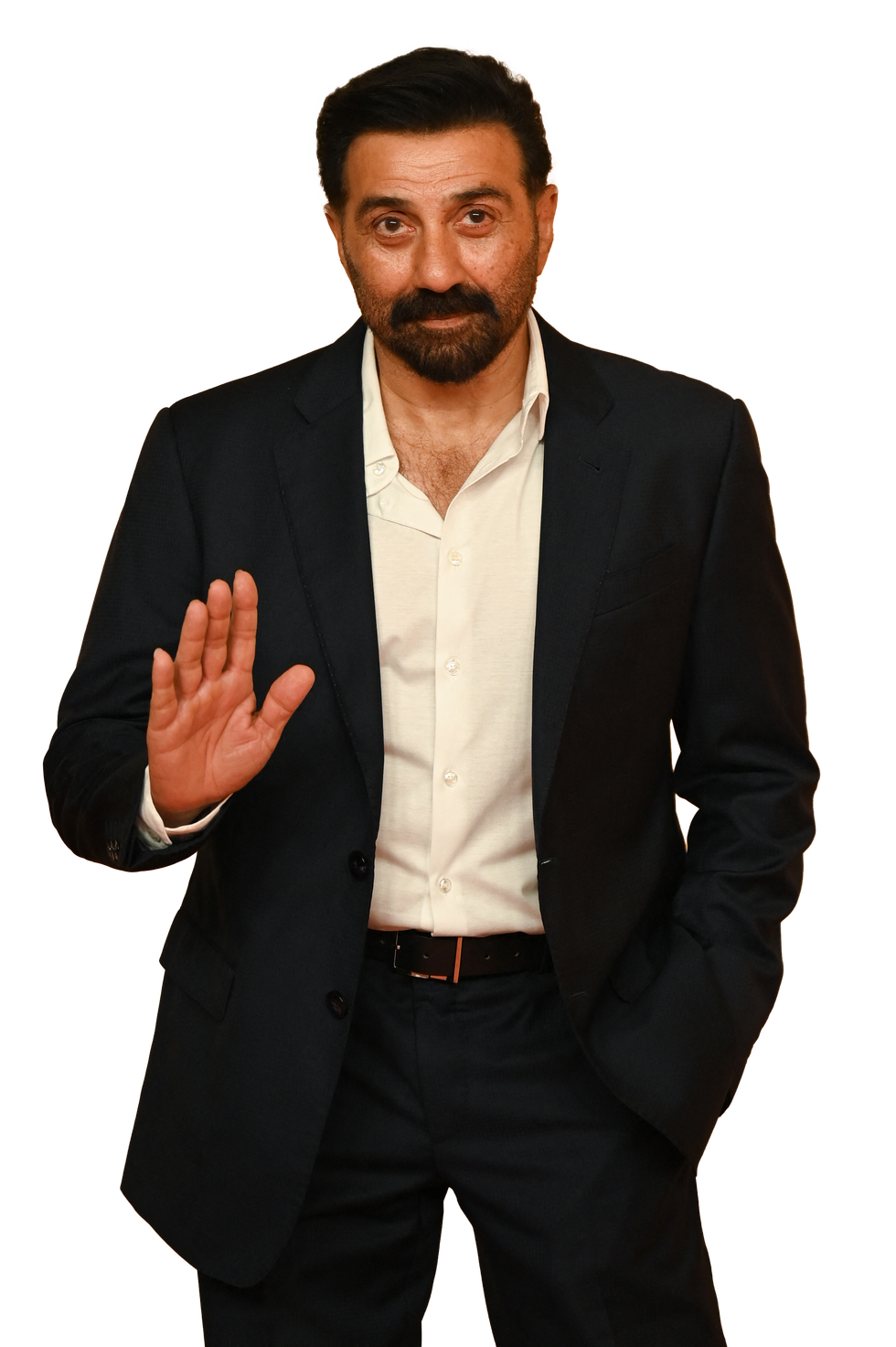 Sunny Deol
Sunny Deol  Ranbir Kapoor hugs Ravi Dubey after wrap speech on Ramayana set Twitter/Raymond/Cinegeek
Ranbir Kapoor hugs Ravi Dubey after wrap speech on Ramayana set Twitter/Raymond/Cinegeek 
 BBC under fire after 50 women share new allegations against Gregg WallaceGetty Images
BBC under fire after 50 women share new allegations against Gregg WallaceGetty Images 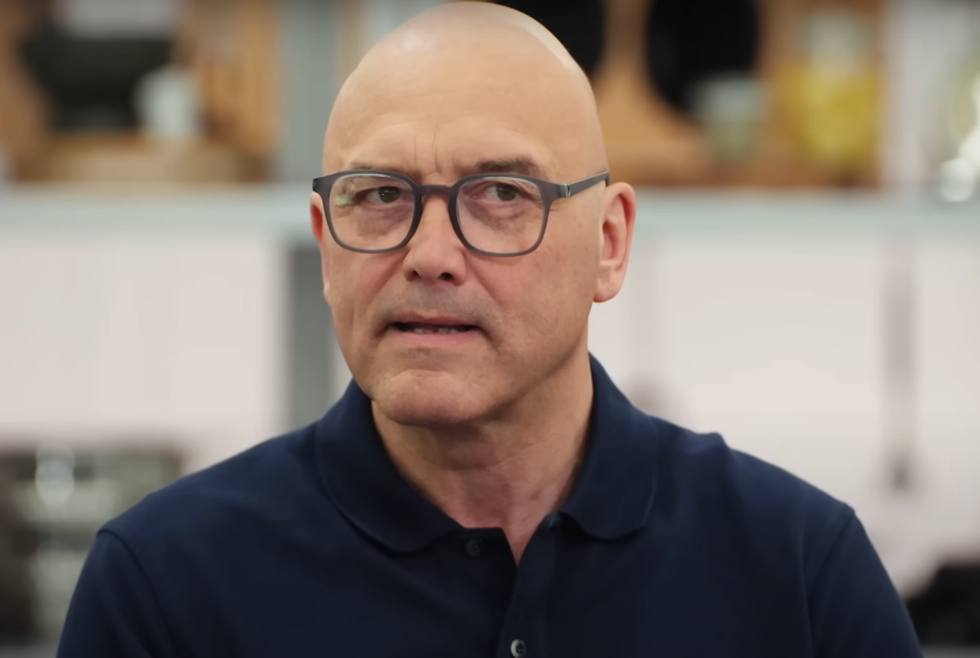 Gregg Wallace seen filming prior to being removed from the showYoutube Screengrab
Gregg Wallace seen filming prior to being removed from the showYoutube Screengrab 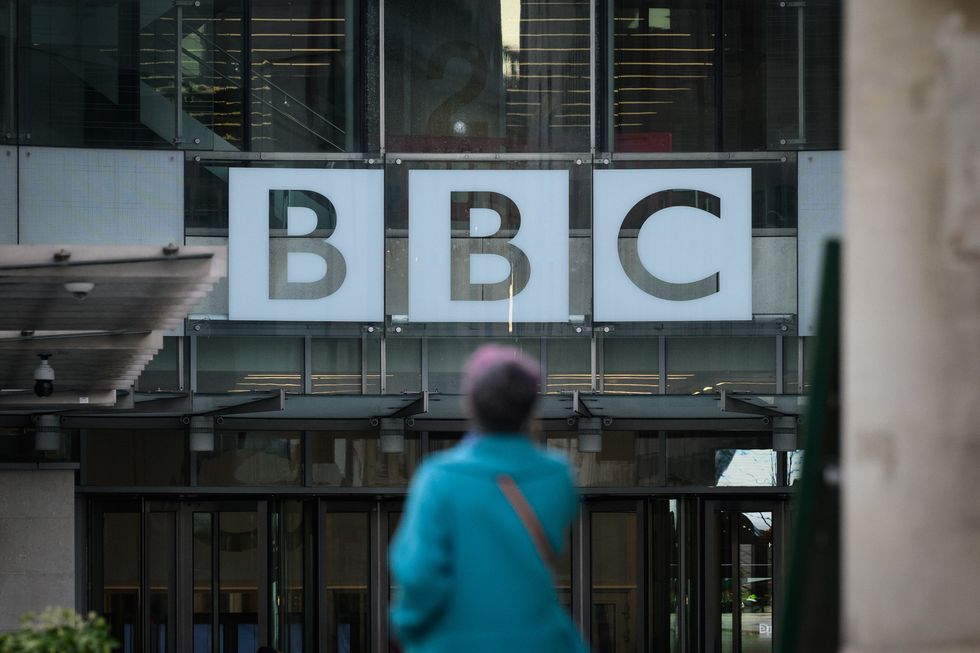 The BBC logo is seen at BBC Broadcasting House Getty Images
The BBC logo is seen at BBC Broadcasting House Getty Images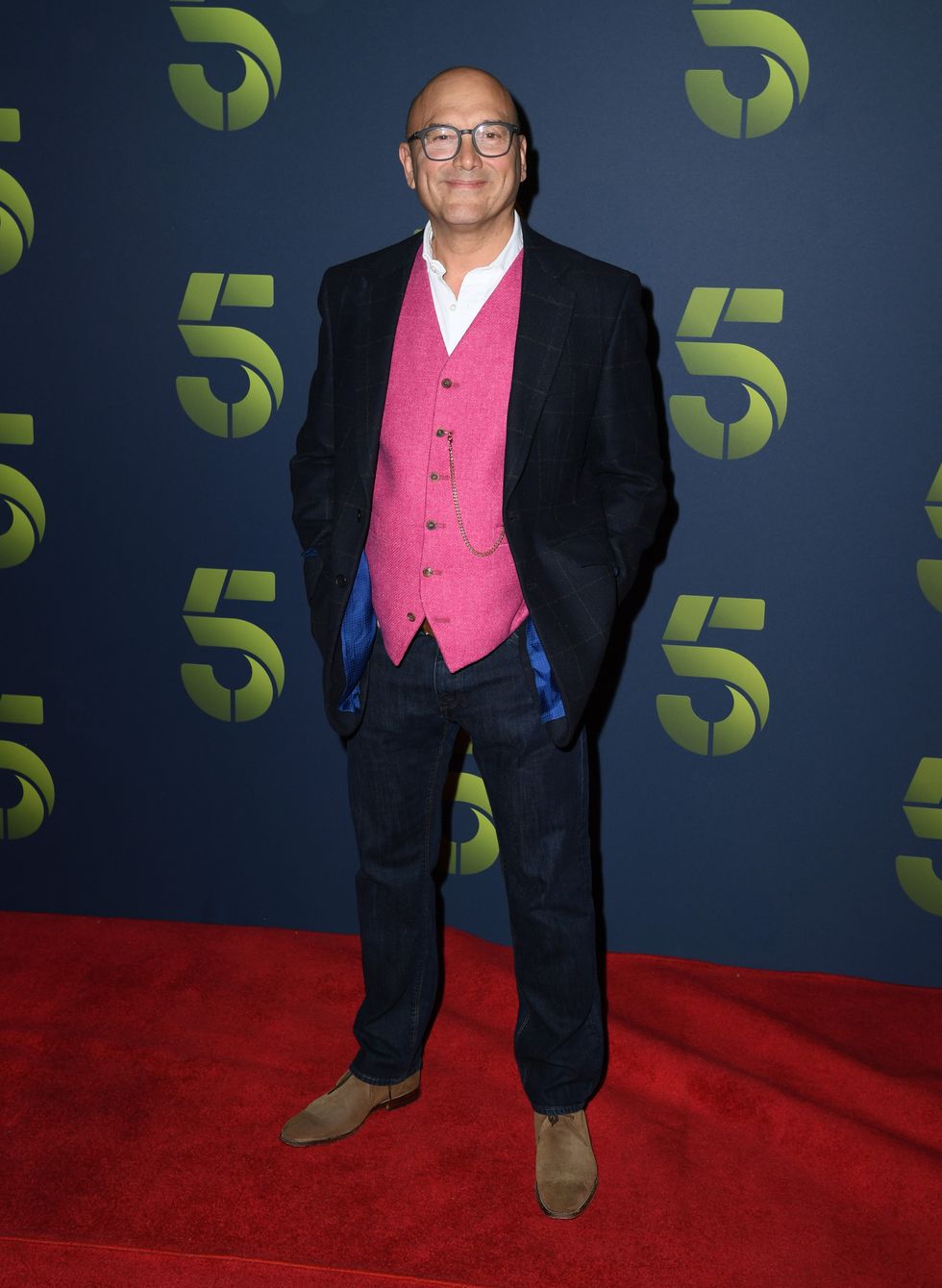 Gregg Wallace attends the Channel 5 2020 Upfront photocallGetty Images
Gregg Wallace attends the Channel 5 2020 Upfront photocallGetty Images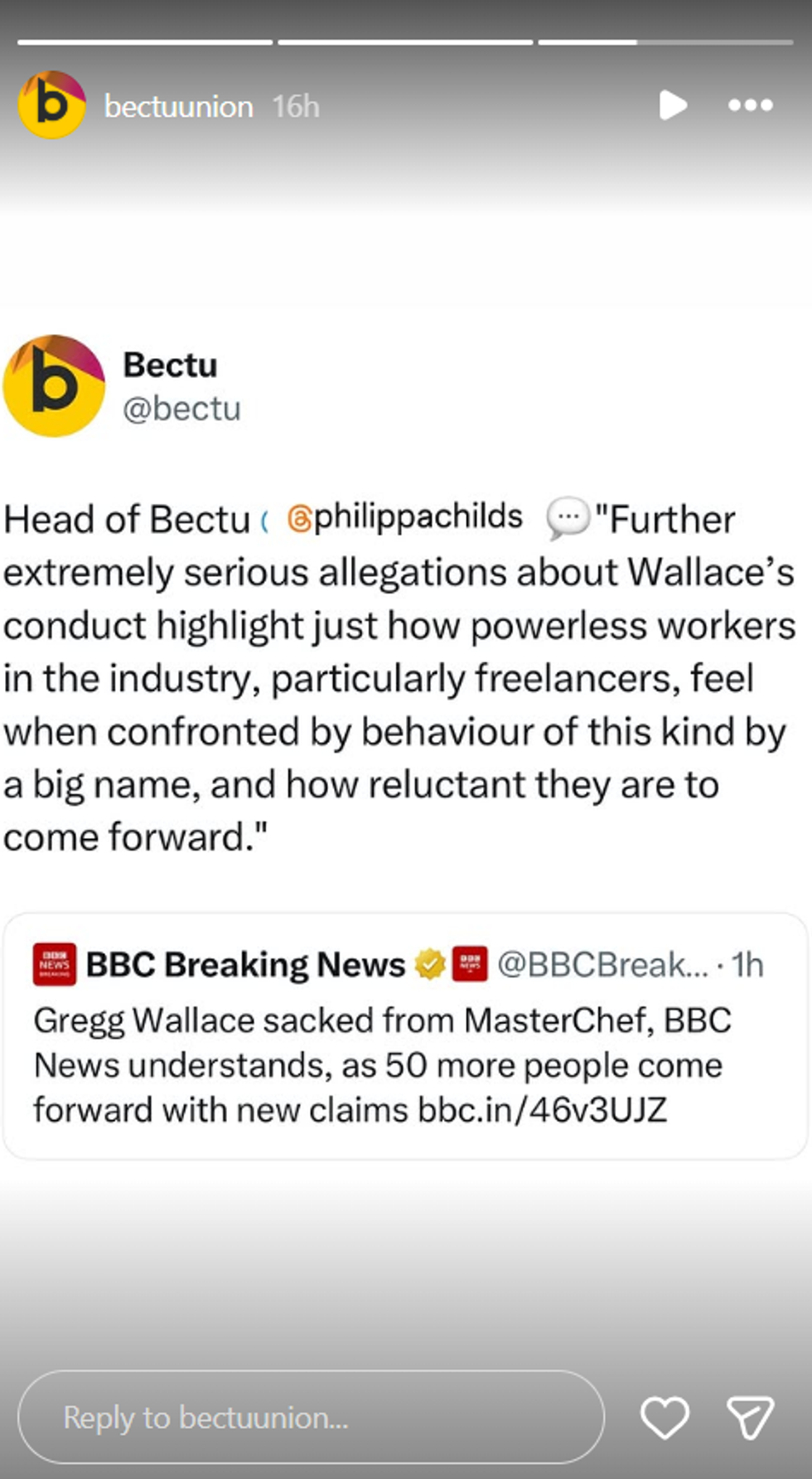 Bectu Union Story Instagram Screengrab/
Bectu Union Story Instagram Screengrab/